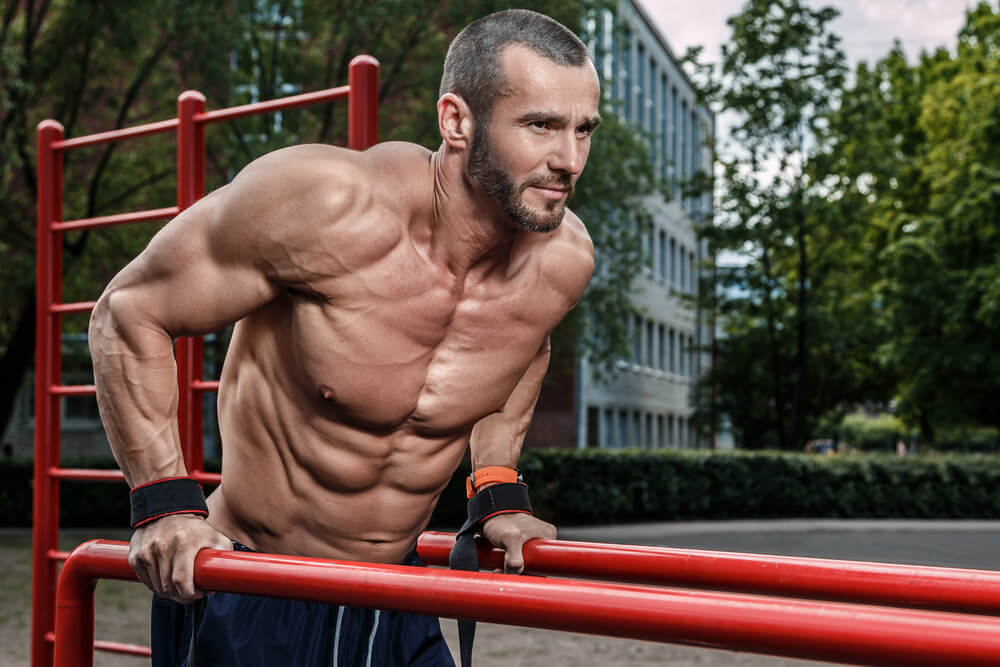
We explain the fundamentals of fitness and the value it brings, by detailing the key pillars of fitness.
Physical fitness is a combination of regular activity or exercise, and genetically inherited ability. These determine a person’s capacity to execute physical activities that require endurance, strength, or flexibility.
They also assess the ability to complete everyday chores vigorously and without undue exhaustion, as well as the energy to engage in leisure activities and the vitality to perform at one’s best.
Regular physical activity, good diet and nutrition, and proper rest for physical recovery are all ways to achieve physical fitness within the genome’s parameters. So, if you want to know the fundamental pillars of fitness but aren’t sure where to start or how to work out at home, read on.
Background
By seeking information, you have made a vital first step toward physical fitness. The second stage is to decide to become physically healthy.
This information is intended to assist you in making that decision and achieving your objective. The choice to participate in a physical fitness program is not one to be taken lightly.
It necessitates a lifetime of time and work. Exercise must become second nature to you, like washing and brushing your teeth. You will not succeed until you are convinced of the benefits of fitness and the dangers of inactivity.
Patience is required. Don’t try to do too much too soon, and don’t give up before you’ve experienced the rewards of improved health. You won’t be able to make up for years of a sedentary lifestyle in a matter of days or weeks, but if you continue with it, you will. And the reward is definitely worth the effort.
These are the critical fitness pillars that should serve as a basis for you to build on as you work toward your fitness objectives, whatever they may be.
Mental

Whether you’re trying to win a marathon, lose weight, increase flexibility, look good in a bathing suit, or live a long life, knowing and owning your reason is critical. It’s crucial to understand what makes you tick if you want to be successful. Motivation is the magic bulletthat will help you stick to your fitness regimen.
If you’re inspired by people, completing solitary workouts in your basement might not be as effective as going to a gym for group programs, working out with a friend, or joining a group run.
Cardiovascular

The functional state of the cardio-respiratory system, which comprises the heart, lungs, and blood vessels, is referred to as aerobic capacity. It is described as the most significant amount of oxygen that one’s muscles may take in during exercise.
Therefore, the stronger one’s cardio-respiratory endurance, the more oxygen is delivered to working muscles, and the longer one can exercise without becoming exhausted, implying a better level of aerobic fitness.
Muscular

The ability of your body’s muscles to generate large quantities of force in a short period using anaerobic energy is known as muscular strength fitness. Short-term bursts of energy are produced via anaerobic energy, which does not require oxygen.
Anaerobic energy is derived from the combustion of carbohydrates and can be sustained for a few minutes before needing a short pause.
Muscular strength training increases muscle size, makes tissues less prone to accidents, and allows you to burn more calories than fat even when you’re not working out.
Body Composition
Body composition is a term used in physical fitness to define the proportions of fat, bone, and muscle in a person’s body. The amount of fat in the body is of particular relevance since it can be instrumental in determining health in addition to body weight.
A healthy male’s body should have 12-18% fat, whereas a healthy female’s body should have 14-20% fat. The percentage of body fat can be calculated using a variety of methods.
Using measurement callipers to measure subcutaneous fat thickness in several locations on the body is the most typical method.
Another method is Bioelectrical Impedance Analysis (BIA), which estimates body fat by measuring the impedance of electrical flow across the body.
Flexibility

Another of the fitness essentials is flexibility. The capacity to stretch your muscles, tendons and ligaments that link to your bones is known as flexibility.
While participating in a fitness program, increased flexibility will reduce your chance of injury. Before beginning any training routine, you should always stretch. Warm muscles are more limber and have a lower possibility of ripping or being pulled during your fitness routine.
Final thoughts
Overextending and exceeding your body’s personal work capacity is one of the most common blunders that novices, and sometimes even seasoned athletes, make. This soon puts the person at risk of injury.
The hardest part of starting a fitness program is, well, starting, but there’s no other option than to do something – even if it’s only a little bit. It may take some time to see significant fitness gains, but you’ll soon begin to feel better physically and mentally.
-Terry Asher
Terry Asher
Latest posts by Terry Asher (see all)












[…] Source link […]
[…] Source link […]
[…] Source link […]
[…] Source […]
With these advice, you’ll know what areas to focus on first and even have an action plan for implementing them in your work. It’s not easy to enhance your quality of life, but thanks to the information provided in this article, I’ve been able to cope with it a lot better.
Hello there, and thank you for providing such an interesting piece of material with us. This is an excellent piece that will be of great use to me.